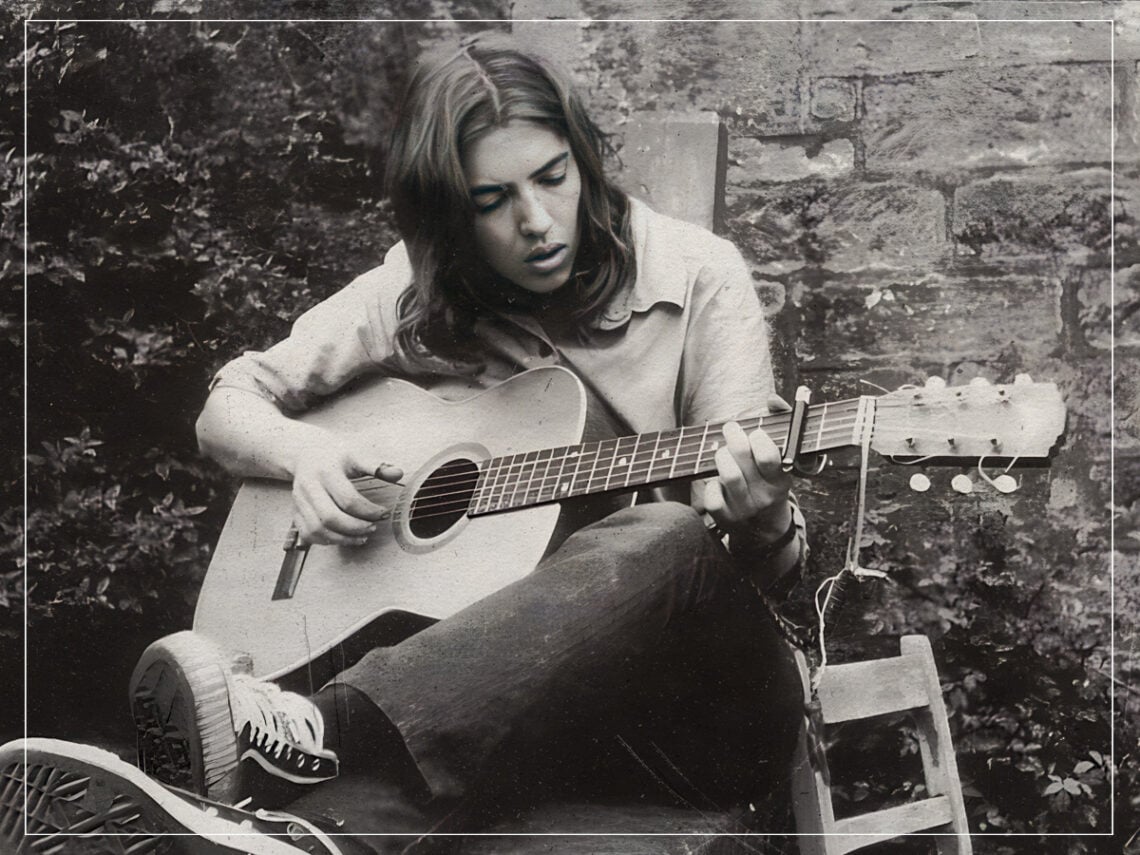In the 1960s, the English folk scene was experiencing a transformation that saw many traditional Irish songs become repurposed, fragmented, and rearranged for then-modern audiences. The artists behind these reinventions didn’t care much for imitation, many of which followed a path of authenticity, making good use of the lack of copyright issues and creating sounds that harkened back to old, cherished tunes.
Anne Briggs spent a lot of her younger years sneaking out to pubs in Scotland and soaking up the monumental folk scene that began to brim at the time. Her journey is what led her to Bert Jansch in the 1950s, and together, they became immersed in their shared love of traditional folk sounds despite being less privy to its history or even the ways it sounded.
Briggs and Jansch began working on ‘Blackwater Side’ in the early 1960s after Briggs encountered a version of the song shared with her by folk collector Bert Lloyd. The version that fell into her hands was by Mary Doran, a young 21-year-old traveller of Waterford, Ireland. Of course, Briggs’ version likely differs as it showcases her sultry vocals and ability to seamlessly melt across various notes, often uttered in a quick, snappy pace, putting more of an emphasis on vocals than the accompanying arrangements.
At the time, this was certainly a trend, according to Briggs. “Everybody up to that point was accompanying traditional songs in a very three-chord way,” she explained, adding: “It was why I always sang unaccompanied, but seeing Bert’s freedom from chords, I suddenly realised—this chord stuff, you don’t need it.” It was precisely this attitude towards experimentalism and innovation that set Briggs’ version apart. Traditional folk needn’t remain restricted to convention; exploration can give it greater longevity and more meaningful resonance.
Jimmy Page claims to have come across Briggs’ ‘Blackwater Side’ in a London club, which inspired him to write Led Zeppelin’s two-minute instrumental song ‘Black Mountain Side’. “I wasn’t totally original on that [song],” Page explained to Guitar Player. He explained that while Briggs “was the first one that I heard do that riff,” Jansch was “absolutely brilliant”, and his version “crystallised all the acoustic playing.”
Briggs had a significant influence on the sound of Led Zeppelin, not just because of her intuition but also because she approached music creation with fierce independence. From a young age, she adopted a mindset that was, in her words, “pretty unconventional for the time”, which resulted in her “shedding everything as I went” to prove that women had a right to be as free as men. Musically, she threw out the rulebook and decided to mix and match, which wasn’t a commonplace approach at the time.
“I approached it more like a jazz singer in terms of my timing and decoration. It was very individual,” Briggs said, discussing her take on traditional ballads. In a way, Briggs gave to the folk scene what punk gave to rock ‘n’ roll, as she refused to be put into a box, stalling fame even though it was well within her reach. Led Zeppelin’s version of ‘Blackwater Side’ may sound like a significantly different spin, but the sprinklings of rebellion are still there as Briggs’ unwavering influence continues to live on.

